The Last of Us Part II review
A sequel to survive for
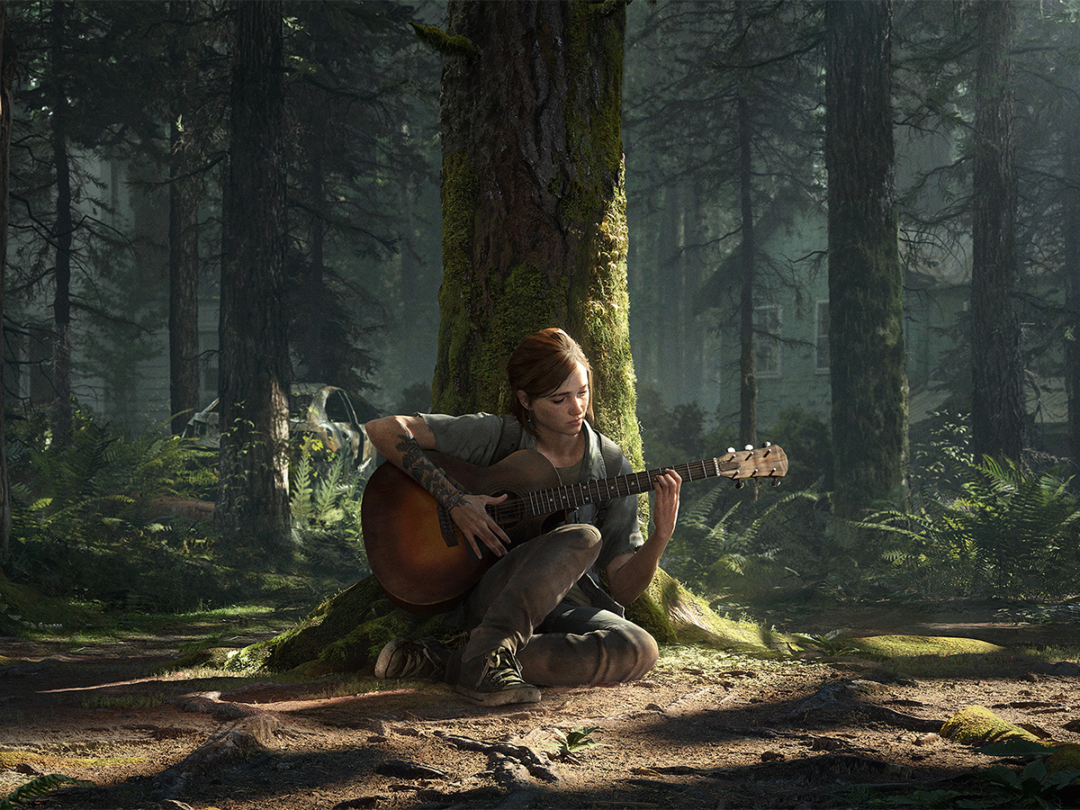
There’s nothing more contagious in video games than sequelitis, but even then, The Last of Us felt like a masterpiece that should have been left alone.
Naughty Dog’s post-apocalyptic action-adventure was a crowning achievement at the end of the PS3’s life cycle, not only reinvigorating tired zombie and post-apocalyptic settings but elevating video game storytelling to the same maturity as any other medium. But after everything Joel and Ellie had been through, surely there was nothing more to add that wouldn’t diminish the power of its divisive and ambiguous ending.
Of course, the incredible ‘Left Behind’ DLC proved there were more important stories to tell, while HBO have even greenlit a TV adaptation. So despite a title that’s in danger of becoming a running joke like Final Fantasy, The Last of Us Part II is anything but a superfluous sequel.
Switchblade in Seattle
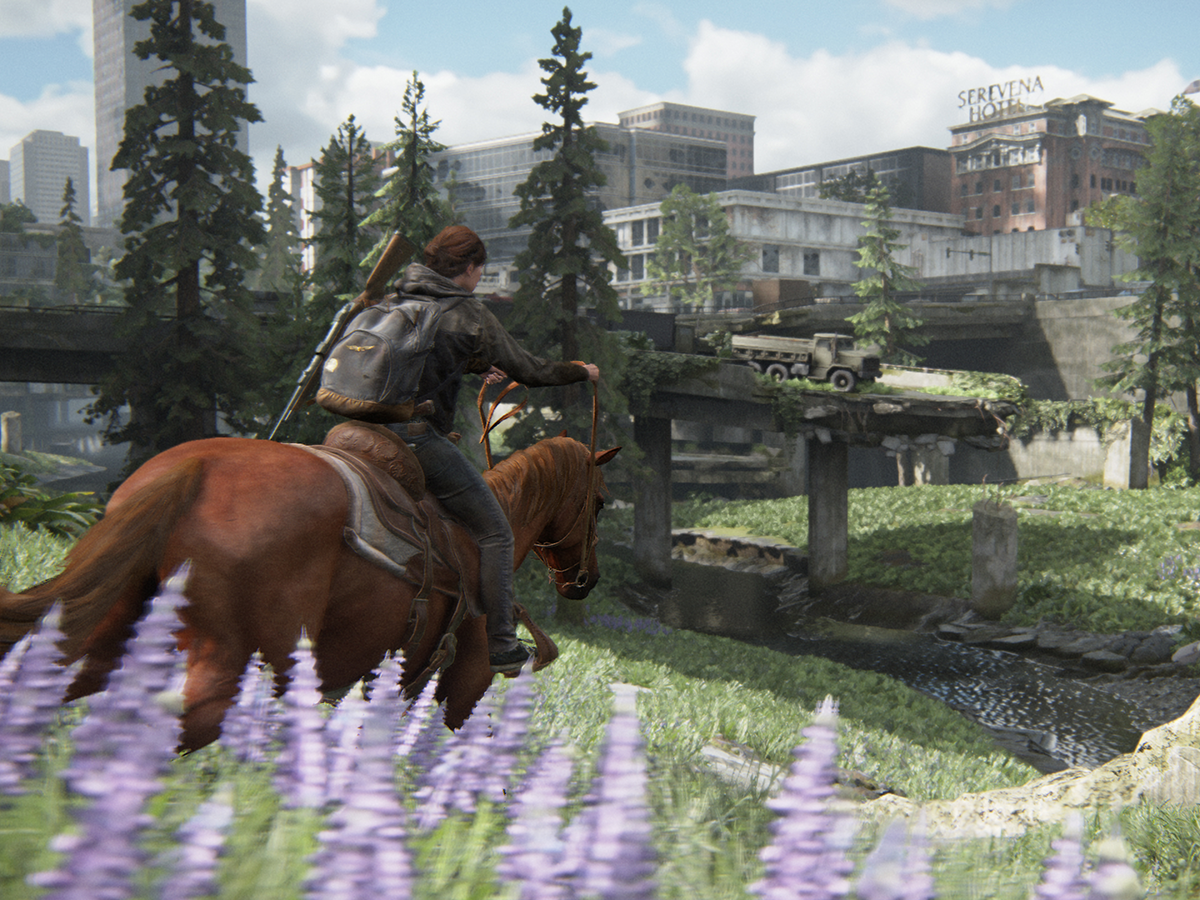
The story picks up five years later with Ellie now a young woman living in relative stability. It’s a comparative slow-burner to begin with, giving you ample time to appreciate how life goes on post-outbreak. All which comes to an abrupt end when a horrific event sets her on an obsessive journey for retribution.
But just as the first game subverted its expectations as an escort mission-cum-road movie, this is far from a simple revenge story, with the narrative shifting between timelines and perspectives.
Nonetheless, the action takes place primarily in Seattle, part reclaimed by overgrown forests, part submerged by the Pacific, overrunning with human and infected threats. As deadly and intense as encounters can get, there’s plenty of space for you to soak up the richly detailed environments where the narrative can just breathe.
That’s in a very literal sense too because this is without doubt the largest game Naughty Dog has ever created. Even as a linear game, the open level design provides multiple ways to approach areas.
New ways of getting around, from using rope to scale up or across areas or smashing windows adds to your ability to explore, uncovering more resources for crafting or collectibles that aren’t just filler but tell engaging stories in their own right.
Every last one of them
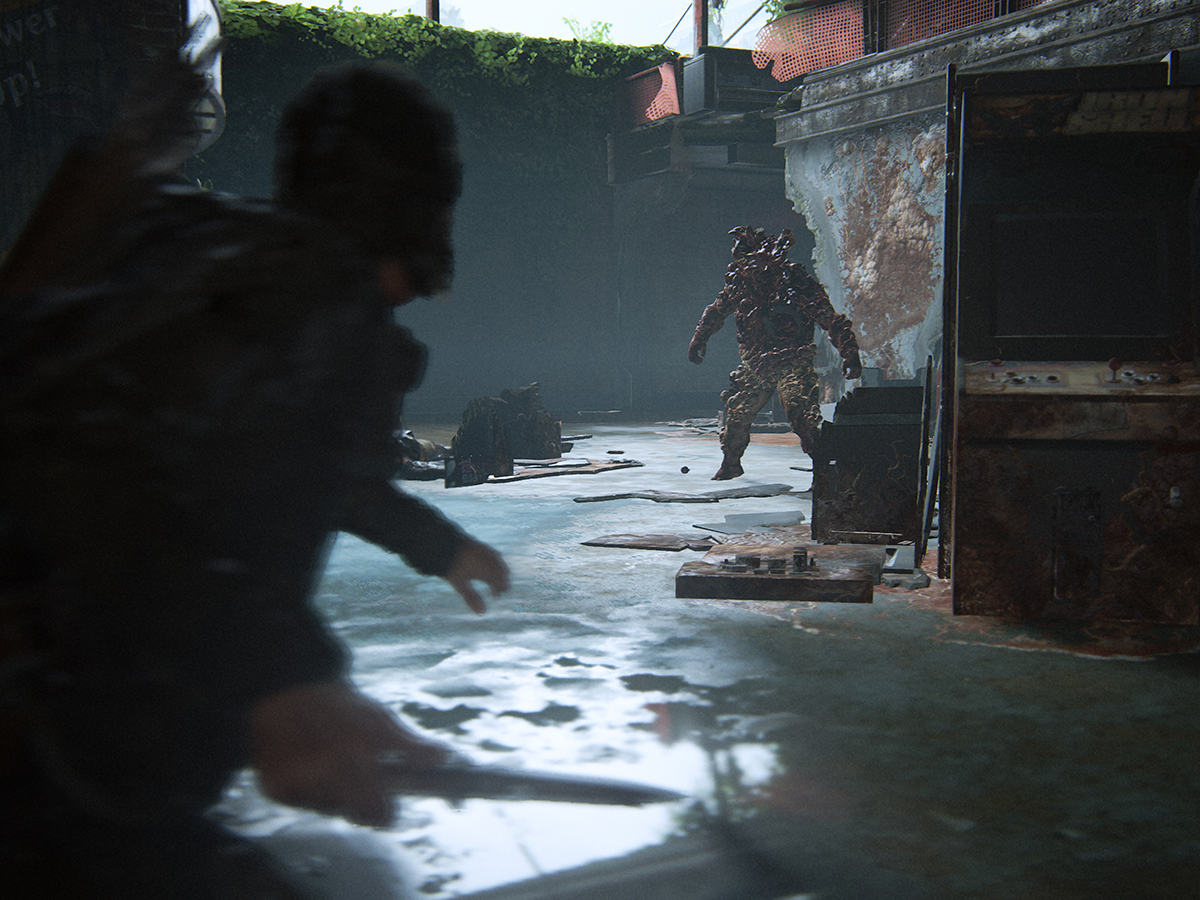
There’s still reasons to be fearful of the infected, not least because Part II introduces new mutated variants – if you thought Clickers were bad, just wait until you encounter the acidic gas-spraying Shamblers.
The emphasis however is on human beings’ own inhumanity towards one another, which comes two-fold as you find yourself up against warring factions, the militaristic Washington Liberation Front (WLF) and the Seraphites, a religious cult whose members can instill dread just by whistling.
The previous game’s uncomfortably violent combat returns to the fore as does the core mechanic of scavenging for supplies to craft weapons and tools. But you also have new abilities like being able to dodge melee scuffles or going prone to sneak past enemies through tall grass. Avoiding encounters is actually a viable strategy in many cases.
Whereas before your enemies could be excused as sadistic men or vicious cannibals who get what’s coming to them, Part II confronts you with the gravity of your actions as you snuff out each life in brutal fashion. It’s not just that WLF soldiers and Seraphites all have names or that they’re made up of different genders, ethnicities and ages, it’s the flash of terror in their eyes or the wince-inducing sounds of their death throes that remind you that they’re human too. It’s not a stretch to consider that Ellie, trespassing into another territory and slaughtering everyone in her wake, might in fact be the villain.
Extreme Ways
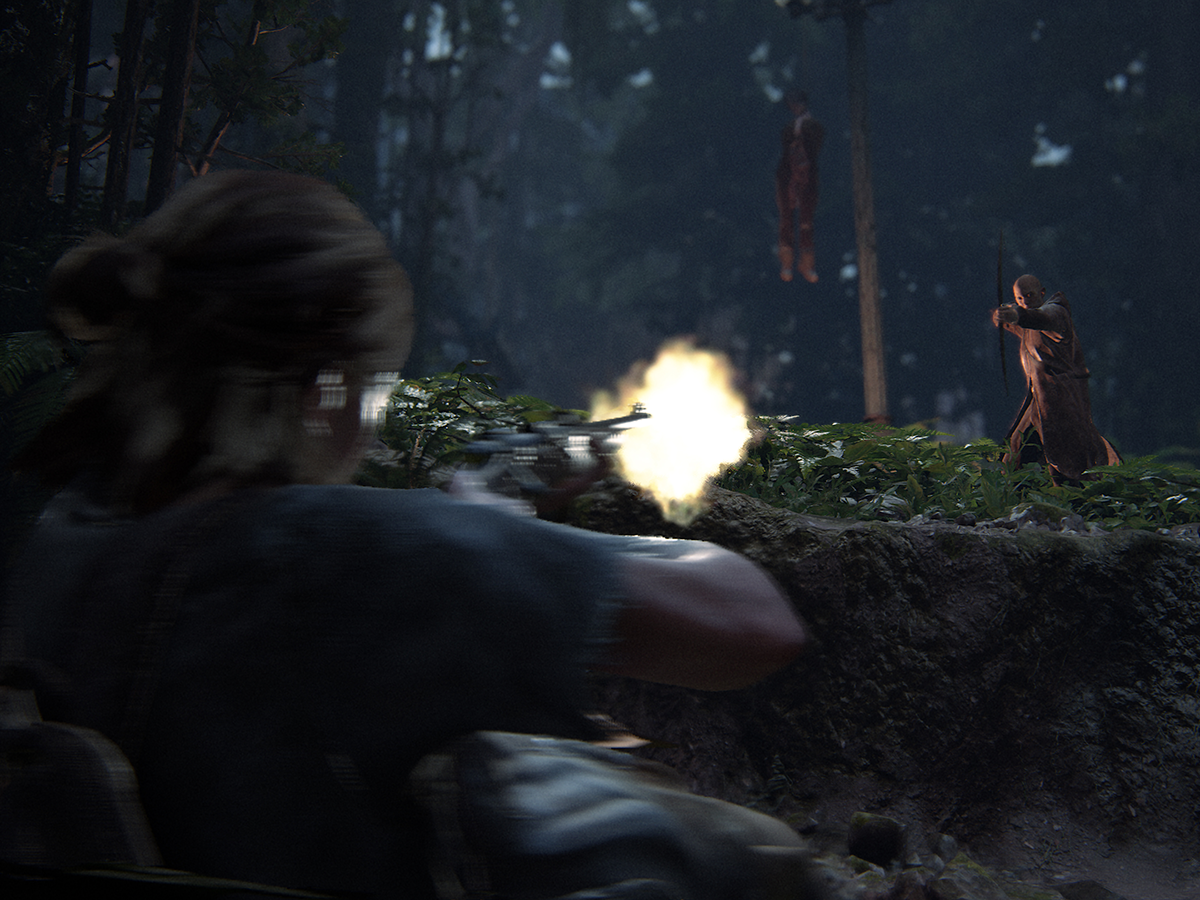
Ultimately, there are no heroes or villains in this story. Part II is more interested in creating empathy for characters who are as capable of being selflessly brave as they are unforgivably cruel. That’s not just down to the exceptional writing, this time led by Westworld scriptwriter Halley Gross, but by incredibly naturalistic performances where emotions can be conveyed with just a glance or an awkward pause.
It helps that this is the best-looking game on PS4, displaying a staggering level of photorealism animation details you might have anticipated only in next-gen. It’s an astonishing achievement that’s importantly in service of the story as you’re fully immersed in the presence of these compelling and deeply flawed characters.
Ashley Johnson is once again astounding as Ellie, whose motivations and actions will undoubtedly prove even more divisive than how people felt about Joel. Yet she’ll likely face stiff competition from her co-stars come awards season. This isn’t just a story anchored by one central dynamic but an interwoven thread of relationships with one of the most meaningfully diverse casts in any mainstream game.
Given its setting of a post-pandemic world rife with tribal divisions, Part II is hardly the cozy escape you might be seeking right now, even if it does find some moments for levity. That it confronts its difficult themes honestly, while taking a sledgehammer to decades of bad storytelling tropes, is why it’s an essential experience, not just as a video game, but any form of art or entertainment.
The Last of Us Part II Verdict
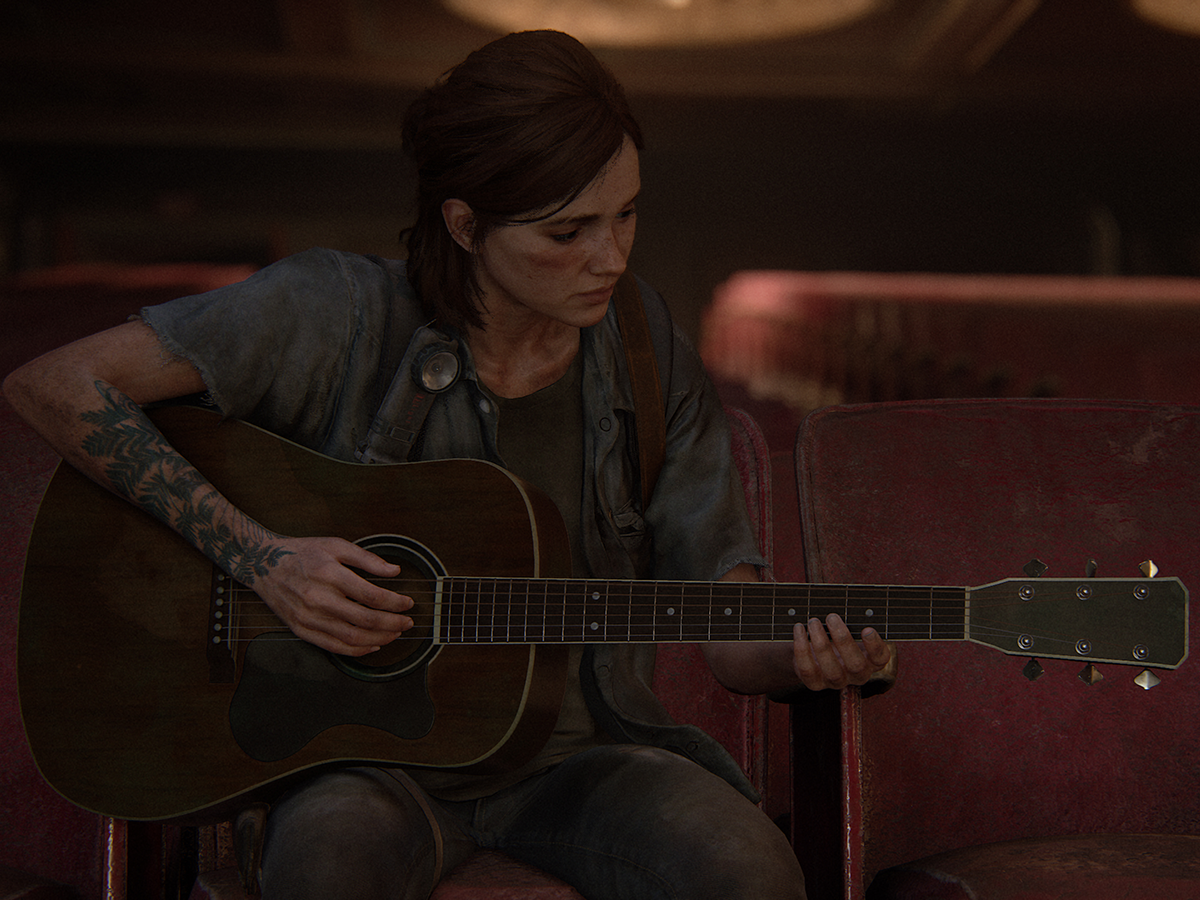
Just as The Last of Us showed the previous generation at its best, The Last of Us Part II is another masterful triumph from Naughty Dog, a rare superior sequel that can be uttered in the same breath as The Godfather Part II.
An unparalleled masterclass in everything it does, not to mention an extensive suite of accessibility options that every game should adopt as the standard, it’s a game with a story that challenges us with no easy answers but which we’ll be discussing long into the next generation.
Stuff Says…
One of the greatest games of all time gets the sequel it deserves with a story as vital as ever
Good Stuff
Astonishing graphics, sound design and performances
Bold ambitious story with unpredictable narrative arcs
Incredibly detailed environments to explore
Varied approaches to combat encounters
Bad Stuff
Not a game for escaping reality



